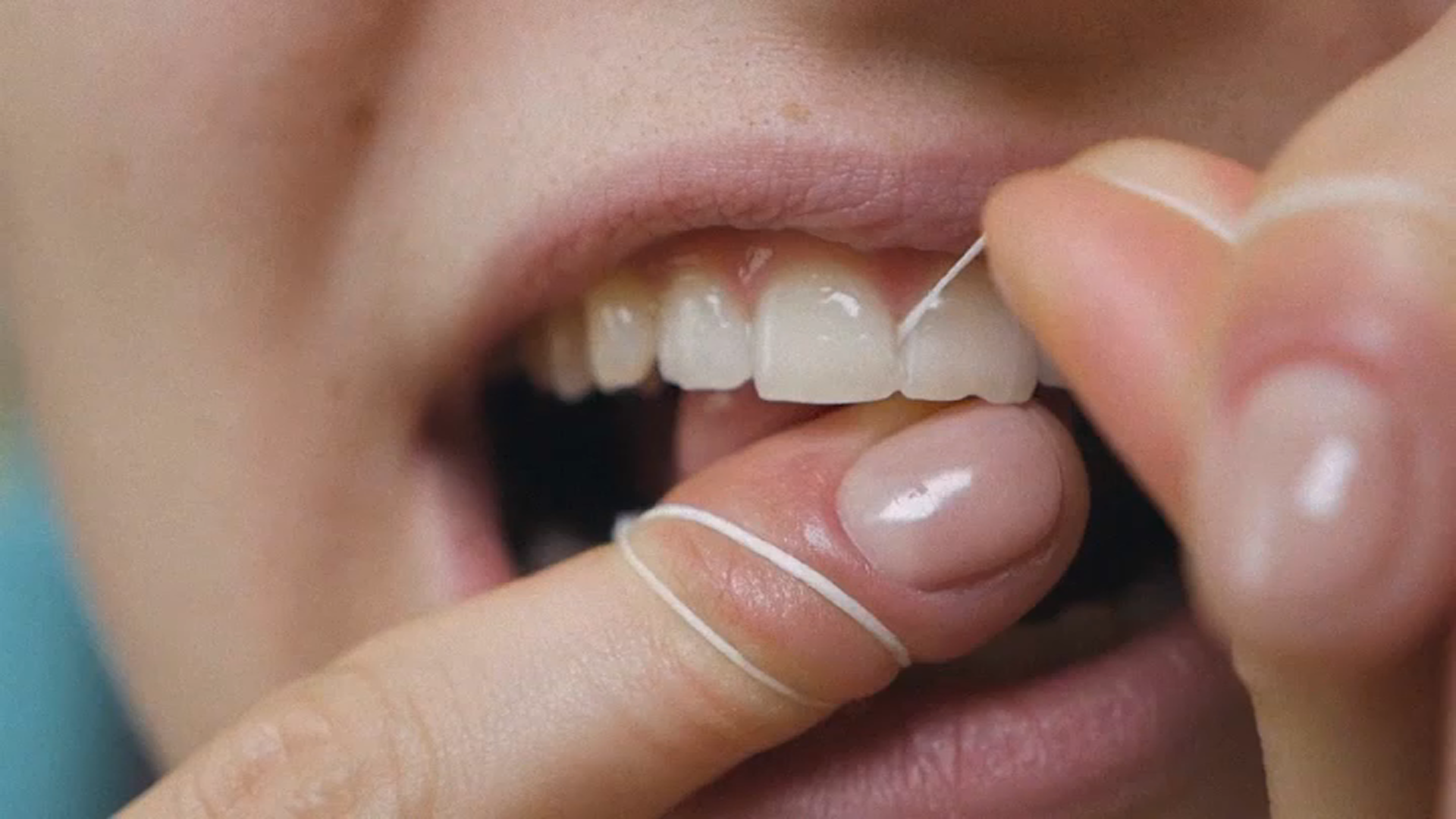
If you have stained or chipped teeth, you might be considering veneers, customized teeth coverings that can restore a photogenic smile without more extensive dental work.
But dentists warn that these pricey cosmetic enhancements are at the center of a worrisome online trend: unlicensed practitioners without proper training or supervision offering low-cost veneers.
These self-described “veneer techs” often promote themselves on Instagram and TikTok, promising a full set of veneers for less than half of what dentists typically charge. Some also market their own training courses and certifications for people looking to get into the business.
It's misleading, health professionals warn — and illegal. All states require dental work, including veneers, to be performed under the supervision of a licensed dentist.
Get top local stories in Southern California delivered to you every morning. Sign up for NBC LA's News Headlines newsletter.
On Thursday, Georgia law enforcement officials arrested Brandon Diller, who promoted himself to 158,000 Instagram followers as “Atlanta's top veneer specialist and trainer." Diller practiced dentistry without a license and sold “training and certificates, which were worthless” and “provided no legitimate or legal credentials,” according to an arrest warrant from Fulton County's District Attorney's office.
Here’s what to know about veneers and how to avoid bogus providers and services:
What are dental veneers?
Veneers are thin, custom-made dental coverings used to hide minor imperfections or to fill in gaps between teeth. Unlike crowns or more invasive dental implants, veneers are almost always considered cosmetic dentistry and generally aren’t covered by insurance.
Dentists usually charge between $1,000 and $2,000 per tooth for veneers, with higher prices for those made from porcelain compared with lower-grade materials.
Placing veneers involves stripping some of the natural enamel from the tooth and bonding the new covering into place. Because of that process, getting veneers is considered an irreversible procedure, according to the American Dental Association. They are not permanent, and can be expected to last between 5 to 15 years before they degrade and need to be replaced.
In recent months the ADA has been stepping up warnings about the risks of veneer procedures done by unlicensed individuals.
“Quality control is lost without the involvement of a licensed dentist,” said Dr. Ada Cooper, a New York-based dentist and ADA spokesperson. “We undergo years of education and training and need to be licensed by various regulatory bodies before we can practice.”
What are the risks of getting veneers from someone who isn't licensed?
Improper veneer procedures can cause a range of health problems, including severe pain, nerve damage and tooth loss.
Patients need to be anesthetized before the enamel is removed from their teeth.
“It could be incredibly painful if they’re not anesthetized correctly,” said Dr. Zach Truman, who runs an orthodontics practice in Las Vegas. “You can also go too deep into the tooth and penetrate what’s called the pulp chamber, which contains blood vessels and nerves.”
One of the biggest problems Truman sees with unregulated veneer work is that customers aren’t getting screened for existing dental problems, such as gum disease and cavities.
“If you put a veneer on a tooth that has an active cavity, you’re just going to seal it in there and eventually it’s going to progress to tooth loss,” Truman said.
Dental veneers aren’t the only option for improving the appearance of teeth. Over-the-counter whitening kits can help with minor stains and discoloration. And dentists can sometimes use composite materials to reshape chipped or uneven teeth. But Truman says those fillings are prone to crack and won’t last as long as veneers.
How can I spot bogus veneer providers online?
One clue: Many individuals performing unlicensed dental work promote themselves on social media as “veneer technicians.”
Instead of working out of a dental office they often perform treatments at beauty salons, hotel rooms or private homes. Some advertise multi-city tours and encourage clients to message them to book an appointment in advance.
Much of the appeal of the services is in their pricing, with some offering a full set of veneers for a flat fee of $4,000 or $5,000. That’s less than half of what patients can generally expect to pay at a dental office.
Performing dental work without an appropriate license is illegal, the ADA notes.
Dentists and hygienists are licensed by state governments, who also define the work dental assistants can perform. But in all cases, veneers and other dental procedures must be supervised by a licensed dentist.
Earlier this year, Illinois law enforcement officials arrested a woman running a business called the Veneer Experts after she posted videos of herself fitting braces, veneers and other dental products without a license. She was previously arrested in Nevada on similar allegations of practicing dentistry without a license.
What are the best ways to find legitimate dental providers?
The ADA maintains a website detailing the training and licensing requirements for dentists across the U.S. Most states also maintain websites where you can lookup and verify licensure information and find any past disciplinary actions for dentists and other health professionals.
“It’s really critical to understand that dentistry is a regulated health care profession that requires formal educations and licensure,” Cooper said.
___
The Associated Press Health and Science Department receives support from the Howard Hughes Medical Institute’s Science and Educational Media Group. The AP is solely responsible for all content.



